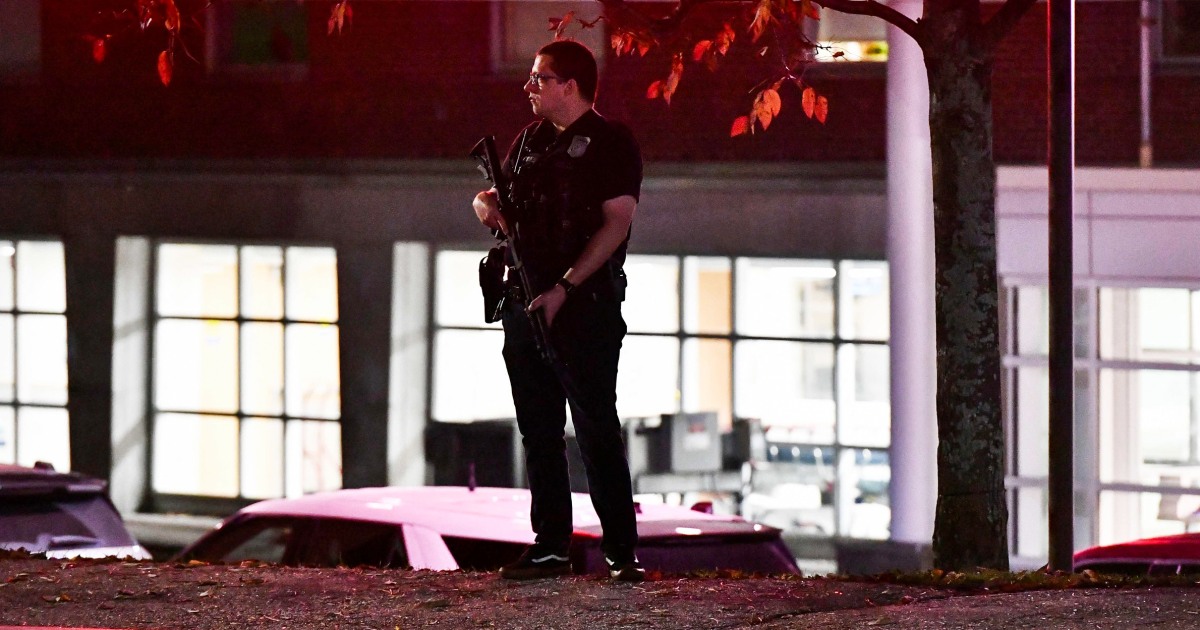The Biden administration is calling for increased aid to reach Gaza and urging Israel to halt its military offensive against Hamas militants. Concerns are growing about the humanitarian crisis and the risk of a wider conflict due to the heavy bombardment and siege in the Palestinian enclave. President Joe Biden expressed solidarity with Israel but emphasized the need for a greater flow of humanitarian aid and for Israel to protect innocent civilians.
The administration’s stance marks a shift from last week when it vetoed a resolution at the U.N. Security Council calling for humanitarian pauses. Secretary of State Anthony Blinken stated publicly for the first time that “humanitarian pauses must be considered” to allow essential assistance, such as food, water, and medicine, to enter Gaza. The White House now supports the idea of an indefinite pause to facilitate aid delivery and safe passage out of the enclave.
The administration is treading a fine line by supporting Israel’s right to self-defense while acknowledging the need for humanitarian aid. Israeli officials are reportedly considering the call for a pause, especially as it relates to negotiations to free hostages taken by Hamas. However, the duration of any potential pause remains uncertain.
Middle Eastern partners aligned with the U.S. have criticized Israel’s tactics in Gaza and rejected the administration’s portrayal of the crisis. Jordan’s King Abdullah II accused Israel of committing war crimes, denouncing the bombing campaign as cruel and unconscionable collective punishment. Jordan, along with other Arab governments and Russia, has called for an immediate cease-fire, an idea rejected by Israel and the U.S.
At a U.N. Security Council meeting, governments failed to reach a consensus on the crisis. A U.S.-drafted resolution for humanitarian pauses was opposed by Russia, China, and the United Arab Emirates, while a resolution calling for a cease-fire, backed by Russia, China, and the UAE, was vetoed by the U.S. and the United Kingdom.
President Biden also condemned retaliatory attacks by Israeli settlers against Palestinians in the West Bank, calling for them to be held accountable. The White House is concerned that these actions could escalate tensions and exacerbate violence. Until now, the focus has primarily been on warning America’s adversaries, such as Iran, against involvement in the conflict. Biden’s remarks mark the first time he has specifically cautioned about the potential for settler violence to expand the Israel-Hamas war.
As the conflict persists, the U.N. warned of an impending fuel shortage in Gaza, which would necessitate scaling back relief efforts unless the blockade on fuel, water, and power is lifted. Hospitals in Gaza are struggling to treat wounded patients amid continued Israeli airstrikes.
Efforts are being made to address the humanitarian crisis, with the head of the U.S. Agency for International Development, Samantha Power, discussing the situation with U.N. aid officials. The U.N. Deputy Special Coordinator for the Middle East Peace Process emphasized the need for sustained and unhindered humanitarian access.
Secretary Blinken traveled to the Middle East last week to negotiate the opening of the Rafah border crossing and the entry of humanitarian aid. While some aid trucks have crossed into Gaza, more assistance is required given the dire conditions.
“These deliveries are a drop in the bucket compared to the vast scale of needs,” said a U.N. official addressing the Security Council.

I have over 10 years of experience in the cryptocurrency industry and I have been on the list of the top authors on LinkedIn for the past 5 years. I have a wealth of knowledge to share with my readers, and my goal is to help them navigate the ever-changing world of cryptocurrencies.




